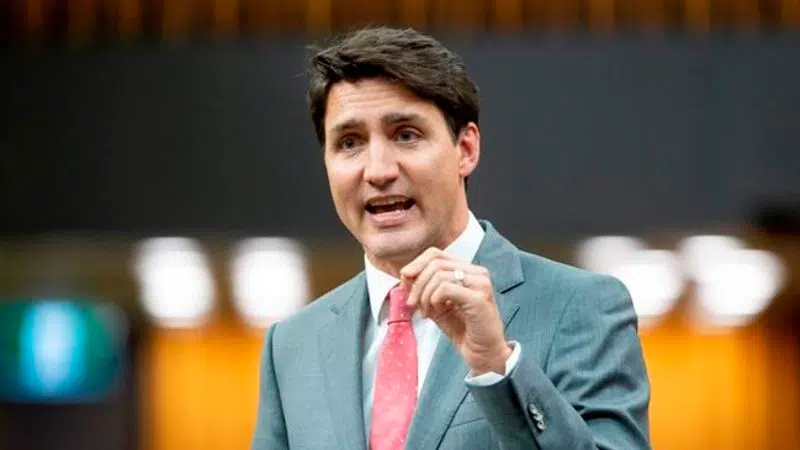
Trudeau promises to legislate implementation of UNDRIP if re-elected
OTTAWA — Prime Minister Justin Trudeau is promising that a re-elected Liberal government will introduce legislation to ensure federal laws are harmonized with the United Nations Declaration on the Rights of Indigenous Peoples.
Trudeau made the announcement Wednesday through his government’s representative in the Senate, where a private member’s bill on the same topic, New Democrat MP Romeo Saganash’s Bill C-262, has been stalled for weeks by Conservative senators.
Their procedural manoeuvres to prevent the Senate from dealing with Saganash’s bill has meant holding up a slew of other private members’ bills, including one from former interim Conservative leader Rona Ambrose that would require judges to take training in sexual-assault law.
Unless passed by the Senate by the end of this week, when the House of Commons is expected to break for the summer and subsequent election campaign, the bills are effectively dead.

